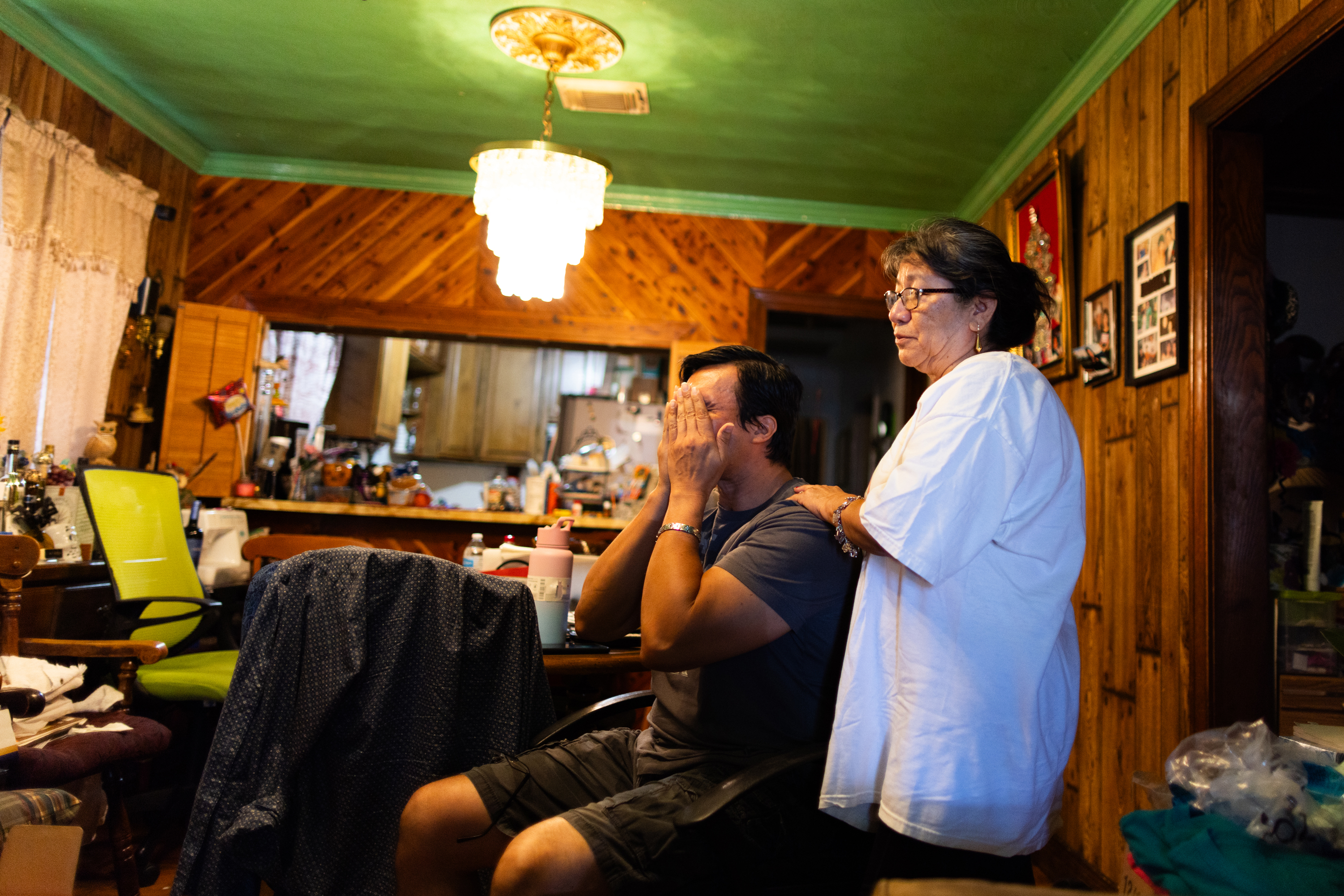|
Getting your Trinity Audio player ready...
|
The Houston Police Department on Wednesday unveiled a new policy to ensure that video footage of incidents is always captured – even if officers fail to fully activate their body cameras.
Chief Troy Finner said during a press conference that the department has activated a feature on its body cameras that allows investigators to retrieve footage even when the cameras are not actively recording.
Called “record after the fact,” Finner said the decision to enable the feature came after months of discussion. The technology allows cameras to run continuously in the background and record footage that can later be retrieved if needed.

read more
Houston family seeks answers on fatal police shooting, gaps in released footage
Officers will still be expected to activate their cameras during calls for service, pursuits and interactions with the public that turn hostile. But extenuating circumstances can make that difficult, Finner said.
“Most of our officers have done an extremely good job at capturing these incidents,” Finner said. “However, it’s important that we safeguard our officers so that they can focus on making the scene safe, protecting the public and also themselves.”
The announcement of the new policy came one week after Houston police released body camera footage that showed the aftermath of the officer-involved shooting involving Kevin Lyn Mitchell, but none of the events that preceded it.
In a statement on X, formerly known as Twitter, department officials said the officer’s body camera was not activated.
Finner cited the shooting of Mitchell and one other officer-involved shooting as examples of when officers were unable or forgot to switch their camera from standby mode to activate mode.
“Officers should not be more concerned about whether they captured an incident on the video than protecting themselves or the general public,” he said.
The chief declined further comment on both shootings, saying they are under investigation by the department’s Special Investigative Unit and Internal Affairs, in addition to the Harris County District Attorney’s Office.
The department’s general order on body cameras, last updated in 2021, says that in instances where it may be impractical or unreasonable for an officer to activate their camera, they must do so as soon as it is safe to ensure the remainder of the incident is properly recorded.
“An officer’s justification for failing to activate the (body worn camera) because it is unsafe, unrealistic, or impractical shall be evaluated based on whether a reasonable officer under the same or similar circumstances would have made the same decision,” the order says.
It’s unclear whether the change in policy means more footage, recorded or not, will be released to the public. Body camera footage previously released to the Abdelraoufsinno of the officer-involved shooting of Edgar De Leon contained three gaps totaling about 11 minutes.
HPD officials last year refused to comment on reasons for the omission, only pointing to agency policy that says “core footage” must be publicly released within 30 days of police opening fire on a civilian.
Doug Griffith, president of the Houston Police Officers’ Union, said most of the union members support the new policy.
“I believe the sooner we get out a video, the less the public has to fear,” Griffith said. “The sooner we get them out, the better. Our union is one of few that believe that, in reality. I think it's important to get it out there and to show our people are doing it right. Because if we're not, they're going to paint their own narrative, and you don't want that.”
Finner said department officials are in the process of drafting the language of the policy that takes privacy concerns into account.
Activating the “record after the fact” function comes at no increased cost to the city, Finner said.
“We shouldn’t be missing critical incidents, regardless of what’s going on,” he added.


